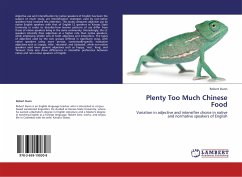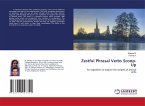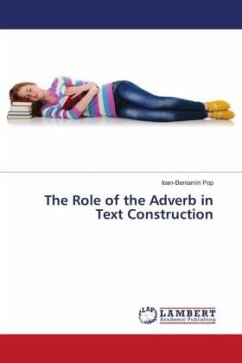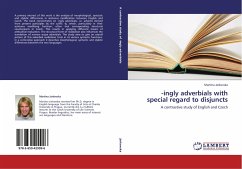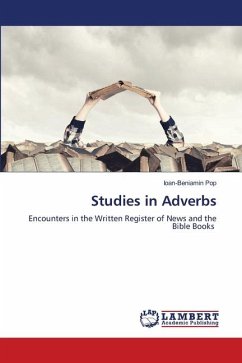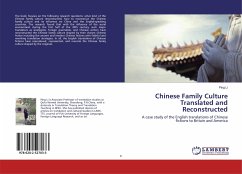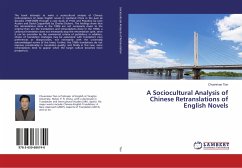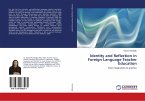Adjective use and intensification by native speakers of English has been the subject of much study, yet intensification strategies used by non-native speakers have received less attention. This study compares adjective use by native English speakers with that of English L2 speakers at Kansas State University in order to describe how learner patterns of use differ from those of native speakers living in the same community. Interestingly, the L2 speakers intensify their adjectives at a higher rate than native speakers, while employing smaller sets of both adjectives and intensifiers. The types of adjectives used by the two groups differed in significant ways, with native speakers using more precise, contextually-specific evaluative adjectives such as 'crappy', 'elite', 'retarded', and 'obsessed', while non-native speakers used more generic adjectives such as 'happy', 'nice', 'long', and 'famous'. Data also show differences in intensifier preference between native and non-native speakers of English.
Bitte wählen Sie Ihr Anliegen aus.
Rechnungen
Retourenschein anfordern
Bestellstatus
Storno

